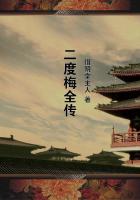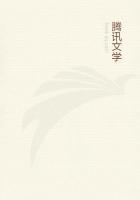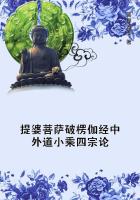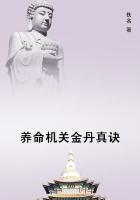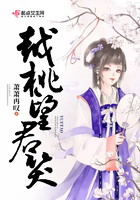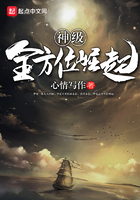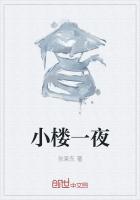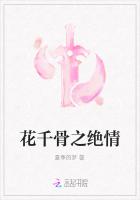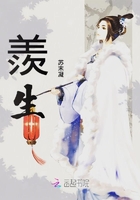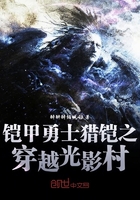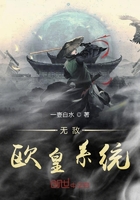What can be tasted is always something that can be touched, and just for that reason it cannot be perceived through an interposed foreign body, for touch means the absence of any intervening body. Further, the flavoured and tasteable body is suspended in a liquid matter, and this is tangible. Hence, if we lived in water, we should perceive a sweet object introduced into the water, but the water would not be the medium through which we perceived; our perception would be due to the solution of the sweet substance in what we imbibed, just as if it were mixed with some drink. There is no parallel here to the perception of colour, which is due neither to any blending of anything with anything, nor to any efflux of anything from anything.
In the case of taste, there is nothing corresponding to the medium in the case of the senses previously discussed; but as the object of sight is colour, so the object of taste is flavour. But nothing excites a perception of flavour without the help of liquid; what acts upon the sense of taste must be either actually or potentially liquid like what is saline; it must be both (a) itself easily dissolved, and (b) capable of dissolving along with itself the tongue.
Taste apprehends both (a) what has taste and (b) what has no taste, if we mean by (b) what has only a slight or feeble flavour or what tends to destroy the sense of taste. In this it is exactly parallel to sight, which apprehends both what is visible and what is invisible (for darkness is invisible and yet is discriminated by sight; so is, in a different way, what is over brilliant), and to hearing, which apprehends both sound and silence, of which the one is audible and the other inaudible, and also over-loud sound. This corresponds in the case of hearing to over-bright light in the case of sight. As a faint sound is 'inaudible', so in a sense is a loud or violent sound. The word 'invisible' and similar privative terms cover not only (a) what is simply without some power, but also (b) what is adapted by nature to have it but has not it or has it only in a very low degree, as when we say that a species of swallow is 'footless' or that a variety of fruit is 'stoneless'. So too taste has as its object both what can be tasted and the tasteless-the latter in the sense of what has little flavour or a bad flavour or one destructive of taste. The difference between what is tasteless and what is not seems to rest ultimately on that between what is drinkable and what is undrinkable both are tasteable, but the latter is bad and tends to destroy taste, while the former is the normal stimulus of taste. What is drinkable is the common object of both touch and taste.
Since what can be tasted is liquid, the organ for its perception cannot be either (a) actually liquid or (b) incapable of becoming liquid. Tasting means a being affected by what can be tasted as such; hence the organ of taste must be liquefied, and so to start with must be non-liquid but capable of liquefaction without loss of its distinctive nature. This is confirmed by the fact that the tongue cannot taste either when it is too dry or when it is too moist; in the latter case what occurs is due to a contact with the pre-existent moisture in the tongue itself, when after a foretaste of some strong flavour we try to taste another flavour; it is in this way that sick persons find everything they taste bitter, viz. because, when they taste, their tongues are overflowing with bitter moisture.
The species of flavour are, as in the case of colour, (a) ******, i.e. the two contraries, the sweet and the bitter, (b) secondary, viz.
(i) on the side of the sweet, the succulent, (ii) on the side of the bitter, the saline, (iii) between these come the pungent, the harsh, the astringent, and the acid; these pretty well exhaust the varieties of flavour. It follows that what has the power of tasting is what is potentially of that kind, and that what is tasteable is what has the power of ****** it actually what it itself already is.

